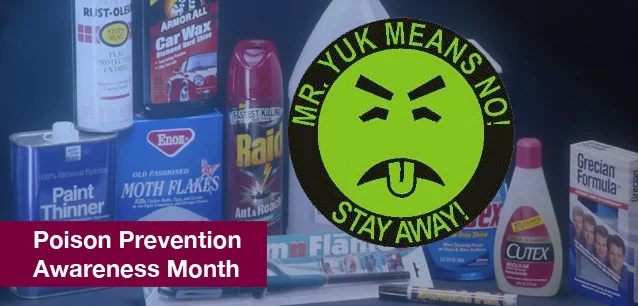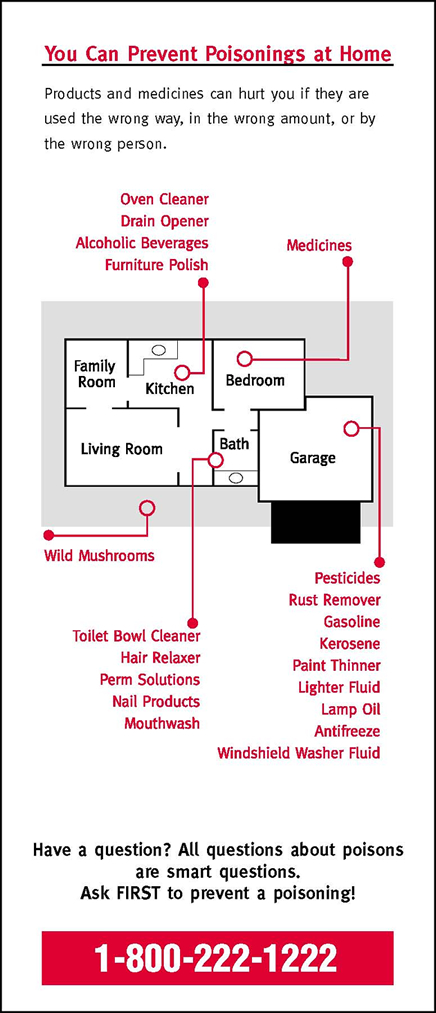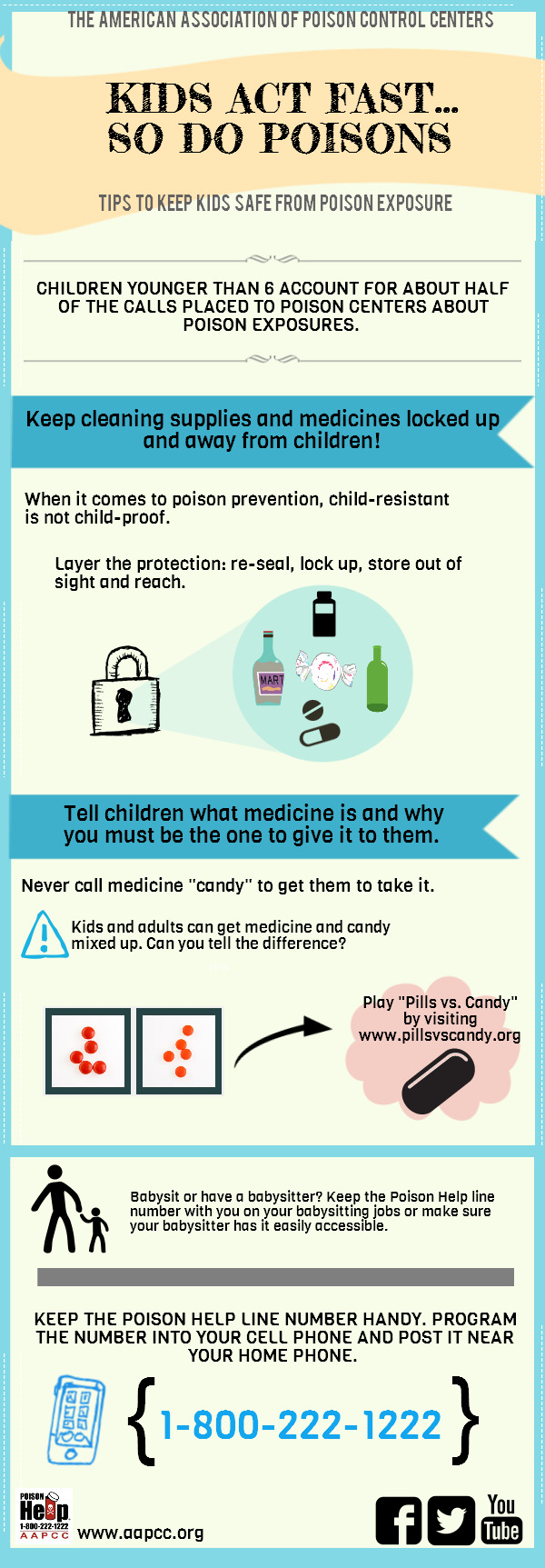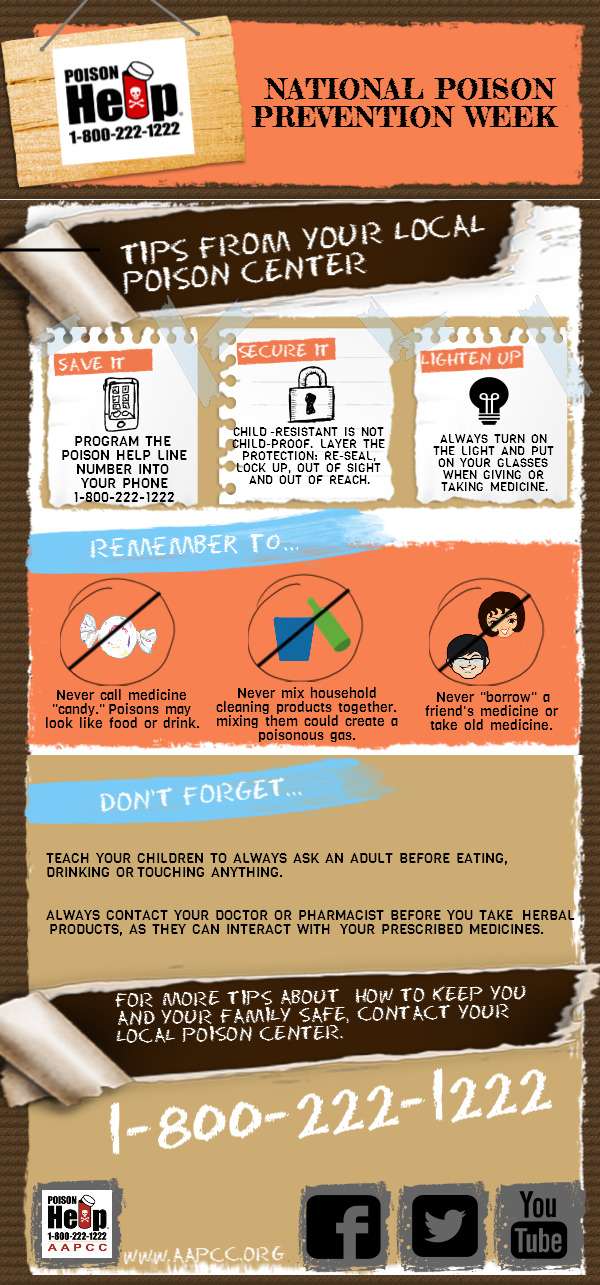 AD
AD
Today is: November 23
Scroll to explore events active on this date.
Additional Events on LEEP
LEEP INK FEATURES

August? Absolutely!
In August, we live through the Dog Days of Summer. It's hot and often humid, and those who can leave for better climates do. Down south, winter is in full force. August is also known as "the ...

In The Heat of July: July 2025 Events
Is it hot enough (or cold enough if you're below the equator) for you yet? There is actually a day for that! Like every month, I pick a diverse collection of events you may or may not know about. This ...

May Blooms: Events in May 2025
Along with October, May is one of the most densely packed months of the year. It's before the summer humidity and the last whole month of the school year. The weather is warming in t...
About Poison Prevention Month
Family & Friends , Career
United States
Ends: Mar 31, 2024
DESCRIPTION:
Poison Prevention Awareness Month is one of two poison-related events in March. The second is Poison Prevention Week during the second half of the Month. The U.S. Poison Control Center notes, "A child is accidentally poisoned every 30 seconds! And more than 50 percent of all poisoning occurs at HOME in children under five years of age."
Thousands of children are poisoned yearly by everyday household products such as insect sprays, cleaners, paints, bleach, perfumes, and medicines. National Poison Prevention Month educates parents about the dangers of common household poisons and what they can do to keep their children safe.
The following are guidelines for parents from the National Poison Control Center:
What is poison? Information for Kids.
How can you get poisoned?
You can get poisoned by eating, drinking, touching, or smelling something that can make you sick or hurt. Some things, like medicine, can make you sick if you take the wrong kind or too much. Always ask a trusted grown-up before you take any medication. Never put anything in your mouth if you are unsure if it is safe to eat. Ask a grown-up first!
Where are poisons found?
Poison exists in every room in your home or outside, like some plants, berries, and mushrooms.
What can you do if someone gets poisoned?
If you think you got into a poison, tell a grown-up immediately! They will call the poison center, and the poison center will tell them how to help you. If you think your mom or dad, your brother or sister, or even your friend got into a poison, you can call the poison center too. Learn the poison center's phone number, 1-800-222-1222, and make sure you have the poison center number on or near your house's telephones.
How can you be prepared?
Ask your mom or dad to teach you what is dangerous and what is not. Sometimes poisons can be colorful or have exciting designs on the packaging. Avoid anything you aren't familiar with unless an adult says it's okay.
Encourage your family to have a plan in case someone gets poisoned. Like fire and tornado drills, a well-practiced plan of action can keep you and your family safe.
VIDEOS
SUPPORTING DOCUMENTS
ADDITIONAL IMAGES
Where would you like to go now?
 AD
AD






/footer-logo.svg)
